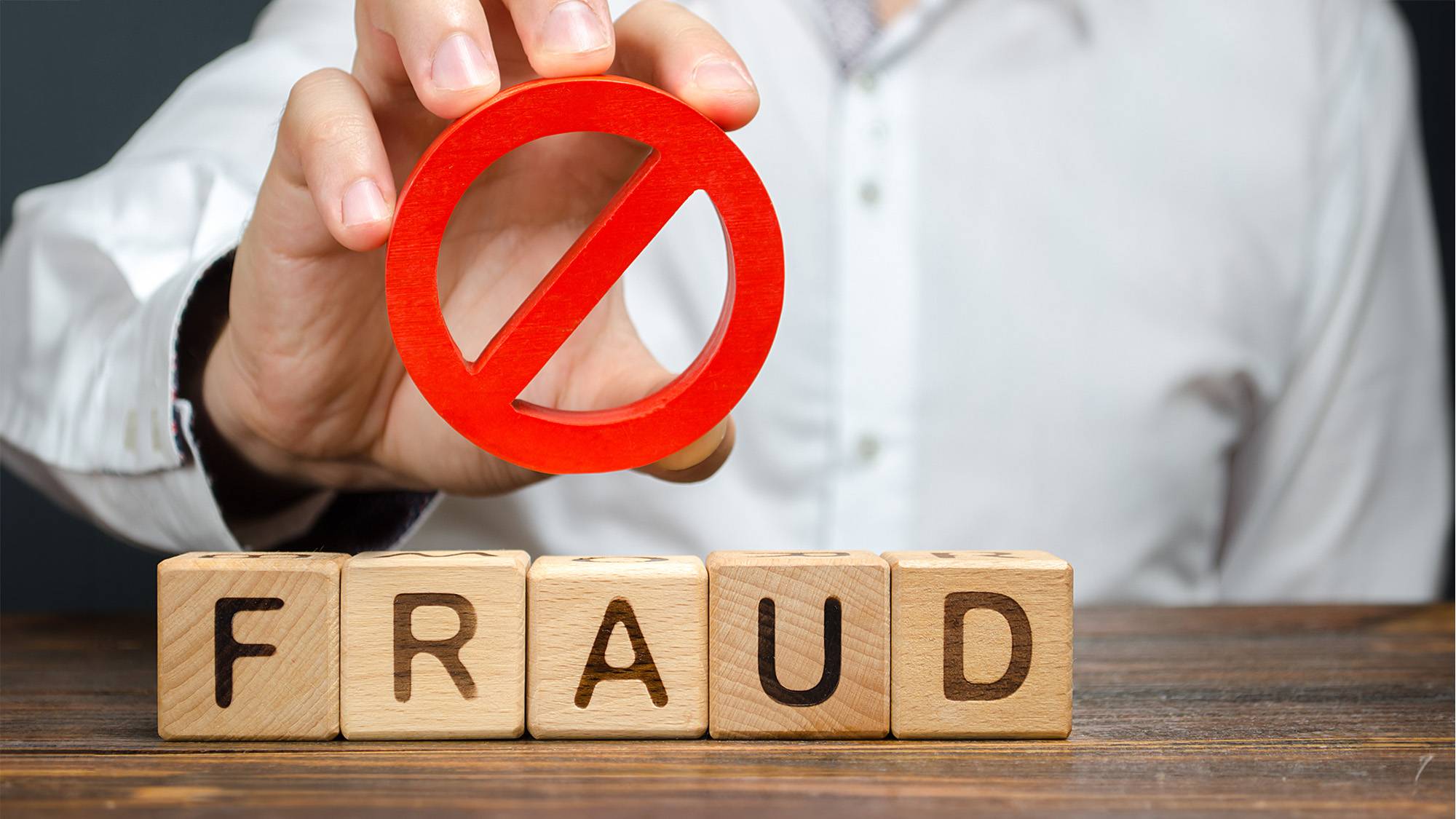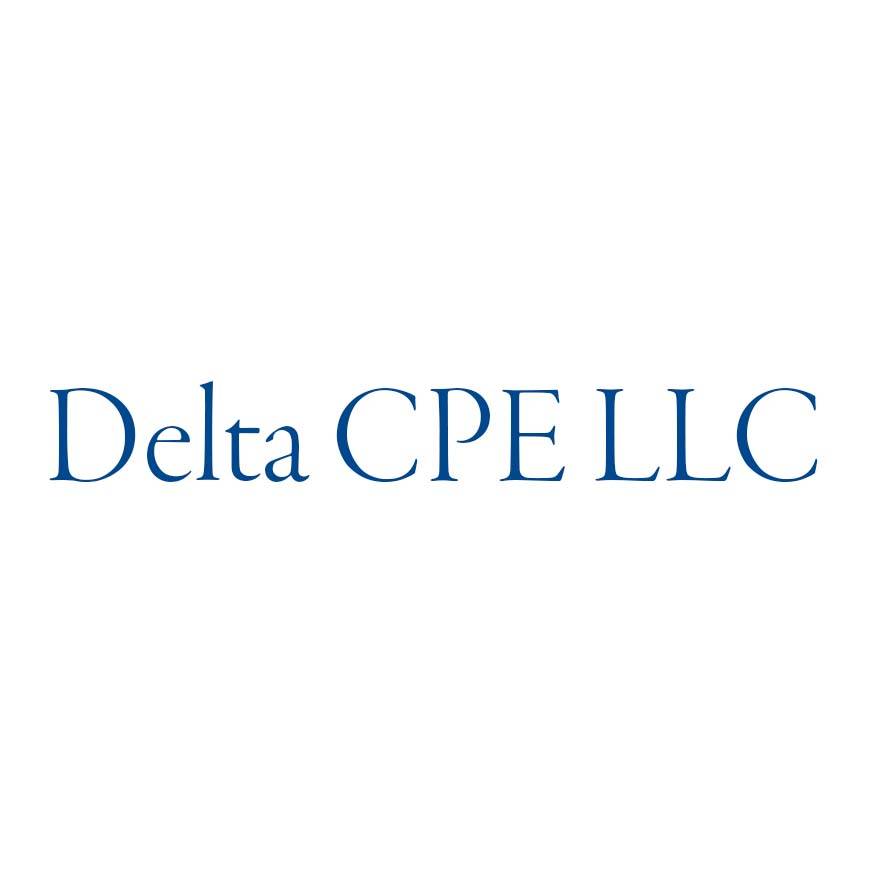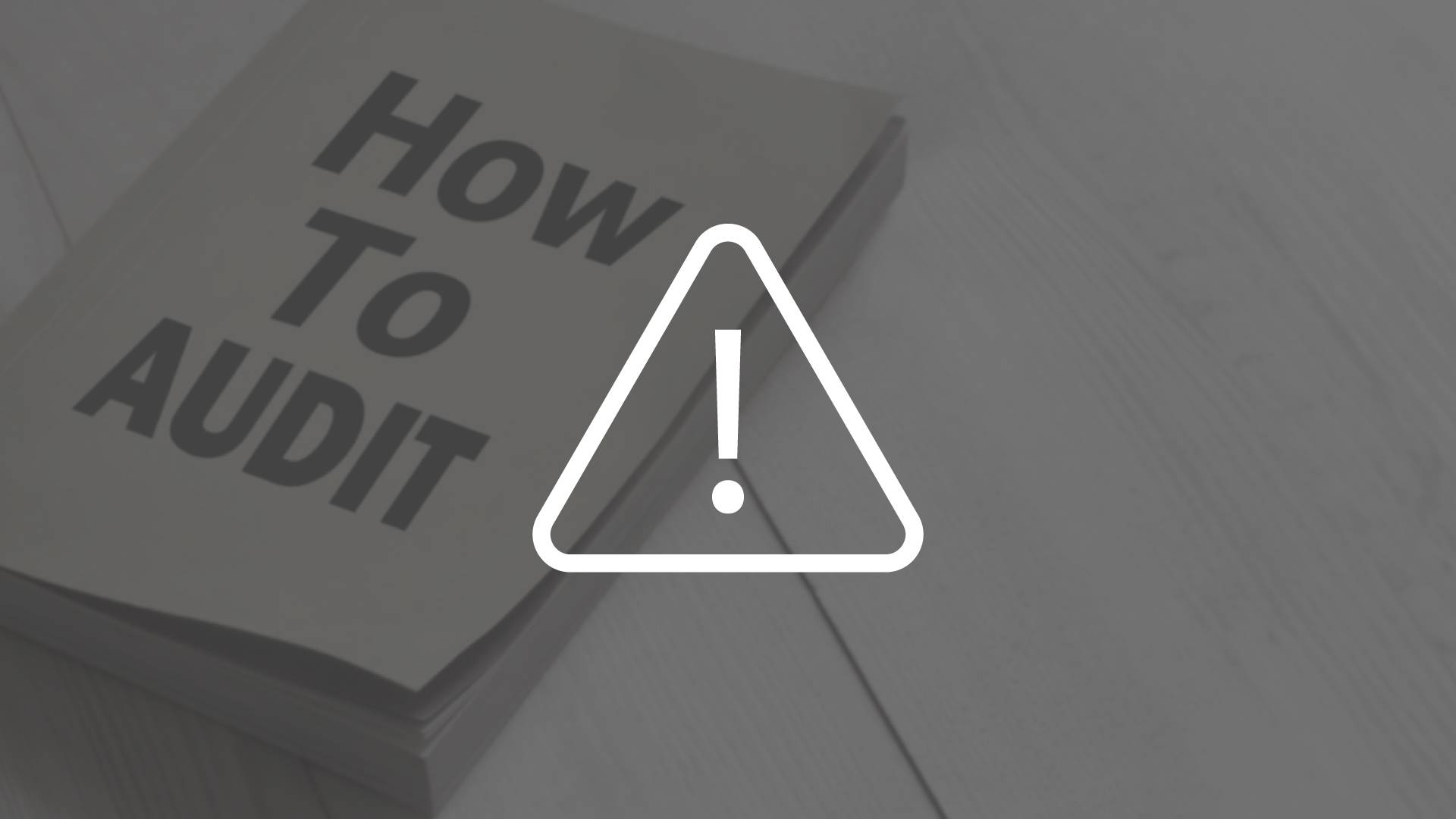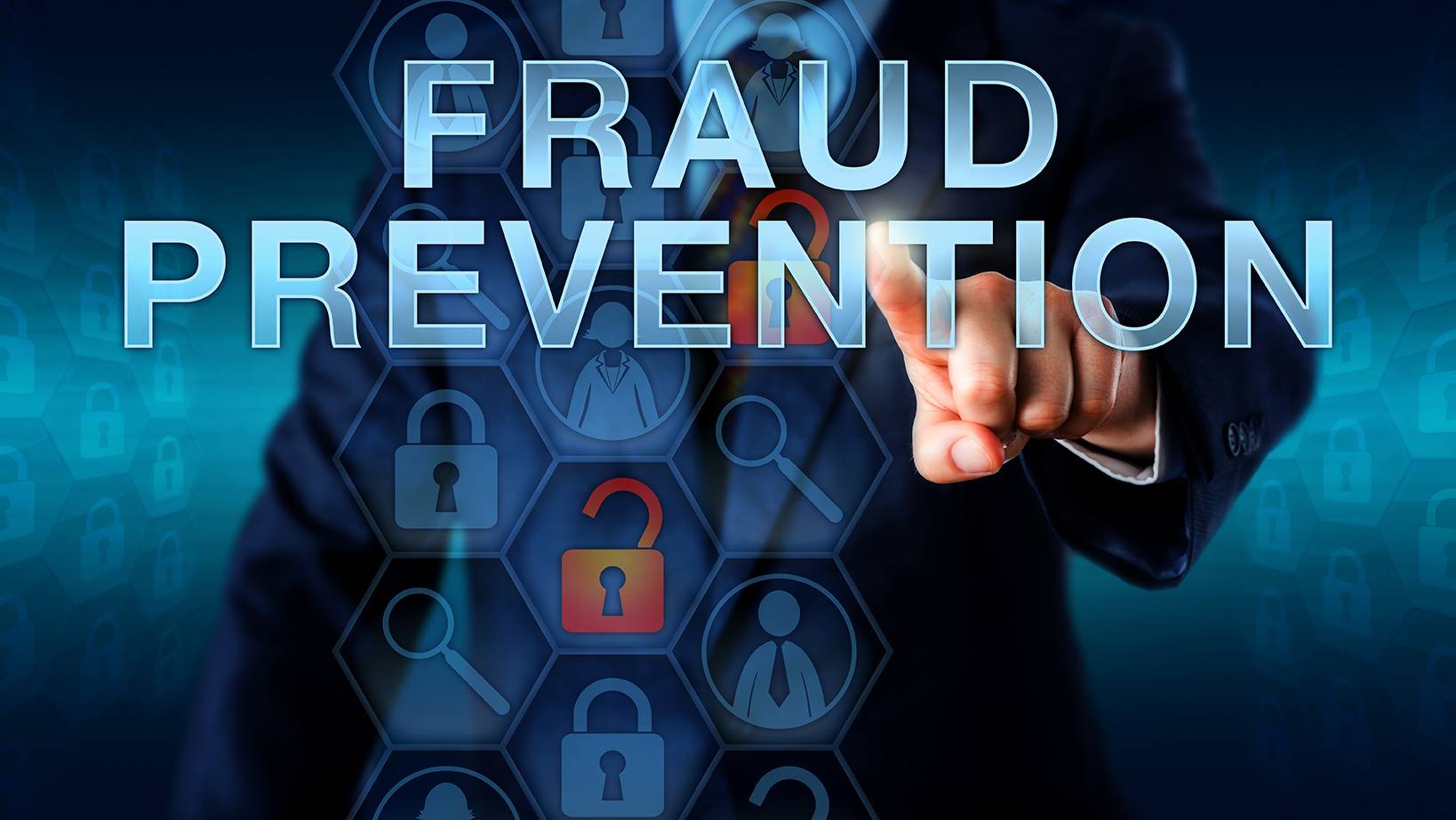
$232.00 – $262.00
Webcasts are available for viewing Monday – Saturday, 8am – 8pm ET.
Without FlexCast, you must start with enough time to finish. (1 Hr/Credit)
CPE Credits
8 Credits: Auditing
Course Level
Overview
Format
Self-Study
Course Description
This in-depth CPE self study course offers a thorough exploration of internal control systems, tailored to meet the needs of professionals in the tax, accounting, and finance sectors. It incorporates up-to-date guidance from key regulatory bodies and principles of the 2013 COSO Framework, ensuring that participants receive the most current and relevant information. The course covers everything from the basics of internal control, including its functions and limitations, to the practical steps in identifying risks and controls. Additionally, it addresses the critical area of fraud prevention and detection, offering insights into common fraud types and symptoms, and providing techniques for effective fraud prevention. With a blend of theoretical knowledge and practical applications, this online CPE course is a valuable tool for anyone looking to enhance their expertise in internal control systems and to contribute significantly to the financial integrity and compliance of their organization.
Learning Objectives
Upon successful completion of this course, participants will be able to:
Chapter 1
- Identify the functions and limitations of internal control; and
- Recognize the COSO principles of internal control; and
- Identify some common and important control procedures; and
- Distinguish between the IT general controls and application controls.
Chapter 2
- Recognize the implication and significance of the Sarbanes-Oxley Act; and
- Recognize key procedures involved in identifying risks and controls; and
- Cite key considerations for identifying and evaluating control deficiencies; and
- Recognize the requirements of management documentation of controls.
Chapter 3
- Identify the audit objectives, scope, and procedures applied to the integrated audit.
Chapter 4
- Cite fraud considerations in a financial statement audit; and
- Identify the most common schemes and fraud symptoms; and
- Recognize techniques to prevent and detect fraud.
Course Specifics
9209041
March 6, 2023
There are no prerequisites.
None
234
Compliance Information
CFP Notice: Not all courses that qualify for CFP® credit are registered by Western CPE. If a course does not have a CFP registration number in the compliance section, the continuing education will need to be individually reported with the CFP Board. For more information on the reporting process, required documentation, processing fee, etc., contact the CFP Board. CFP Professionals must take each course in it’s entirety, the CFP Board DOES NOT accept partial credits for courses.
Meet The Experts

For many years, Delta CPE LLC has offered a wide variety of continuing education courses for financial professionals. Topics covered by Delta’s courses include accounting, financial management, budgeting, investments, financial statement reporting, business management, IFRS, ethics, valuations, real estate, and business writing. The diversity and breadth of Delta’s course offerings make the company a prolific and unique contributor to the CPE world. Delta’s well-credentialed authors and contributors have also been published in numerous academic and professional journals and quoted by some of the leading financial media outlets.
Related Courses
-
 Auditing
Auditing
Computer Fraud and Abuse
Marshall Romney, CPA, PhD, CFE QAS Self-Study
Credits: 6 $174.00
QAS Self-Study
Credits: 6 $174.00$174.00 – $204.00
-
 Auditing
Auditing
How to Audit for Fraud
Steven M. Bragg, CPA QAS Self-Study
Credits: 3 $87.00
QAS Self-Study
Credits: 3 $87.00$87.00 – $107.00
-
 Auditing
Auditing
Fraud Prevention, Detection, and Audit
Marshall Romney, CPA, PhD, CFE QAS Self-Study
Credits: 9 $261.00
QAS Self-Study
Credits: 9 $261.00$261.00 – $291.00
